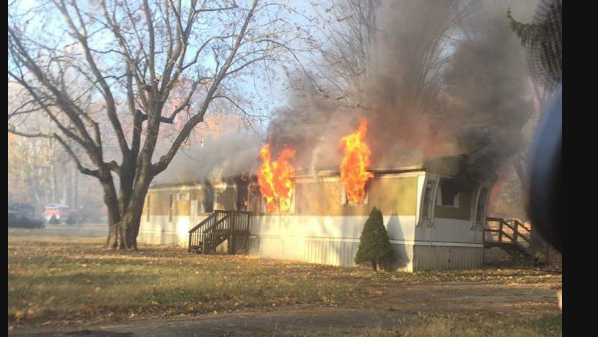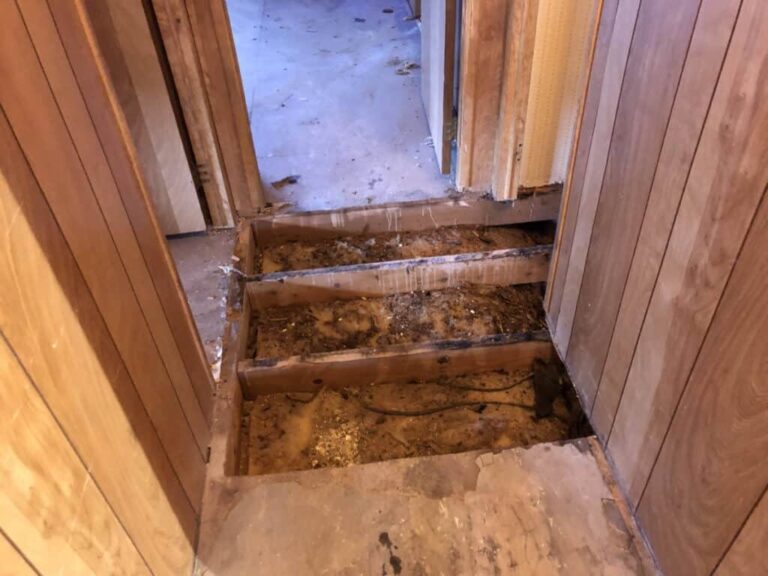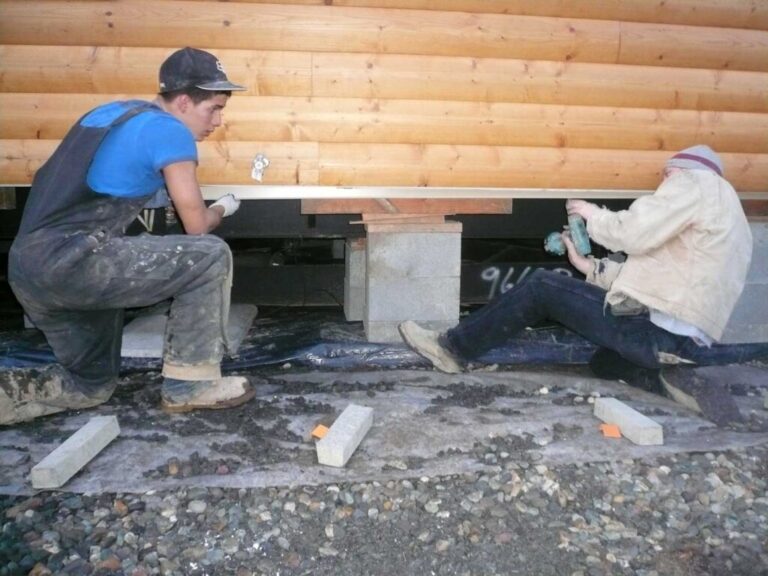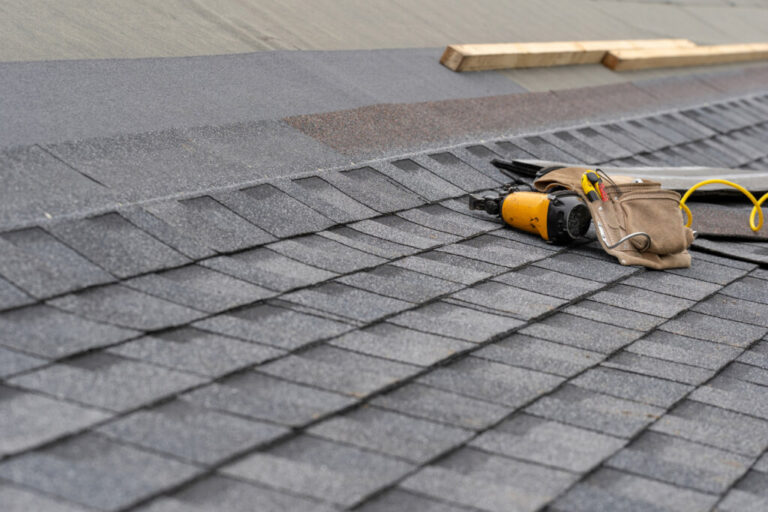Mobile homes are becoming an extremely attractive alternative to traditional homes, especially among young people who want to buy their first home or old people looking to retire and live a calm life. Mobile homes’ affordability and ease of installation make it appealing, and South Carolina’s beautiful climate makes it all the more attractive. But to protect your mobile home’s foundation and ensure its longevity, you must make several considerations. One such is considering installing a vapor barrier under your mobile home. It can get a bit muggy when it’s hot and humid outside. Your crawl space needs to trap the moisture and prevent it from penetrating your living space, ruining the foundation and the comfort of your home. Installing a vapor barrier can resolve that issue.
In this post, we’ll explore vapor barriers.
Let’s dive in.
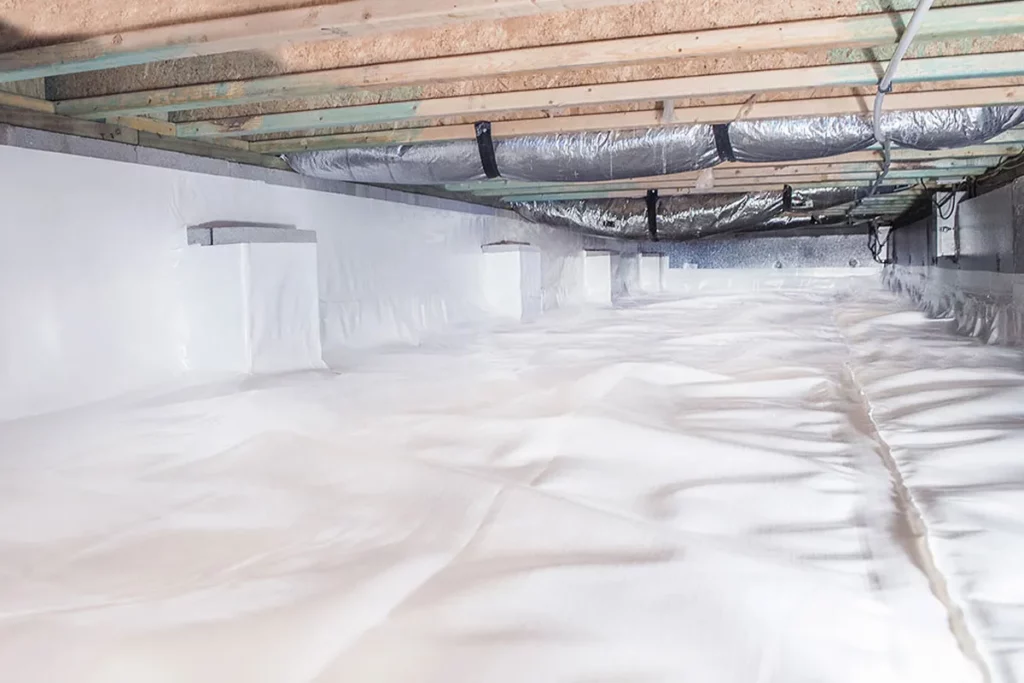
What’s A Vapor Barrier?
A vapor barrier is a large sheet of plastic that covers the dirt floor of crawl spaces, preventing water vapor from impacting your mobile home. Often, vapor barriers come in several pieces rather than a giant thick ply piece. They’re usually laid around on support beams.
The sheets need to be applied with care to ensure maximum coverage around the edges of the foundation and support piles.
Should You Get A Vapor Barrier?
Although most homeowners know that excess moisture and water are issues to watch out for, most are unaware of the potential dangers of vapor. The vapor rising from the ground doesn’t disperse on its own; instead, it gathers within the space and can condense into higher moisture levels than anticipated. Implementing a crawl space vapor barrier is critical in preventing structural damage. So, getting a vapor barrier can be a great idea.
Advantages Of A Vapor Barrier Under A Mobile Home
Installing a vapor barrier has several benefits, including:
- Moisture control. A vapor barrier prevents moisture from creeping into your mobile home’s crawl space or basement area. It preserves the integrity of the foundation by keeping it dry. This greatly reduces moisture-related problems.
- Energy Efficiency. A vapor barrier also improves the energy efficiency of your mobile home by blocking moisture. Excessive moisture can wear down the effect of the effectiveness of the insulation, resulting in high energy consumption to maintain a comfortable indoor temperature.
- Mold Prevention. Soggy environments are ideal for mold growth. Mold compromises indoor air quality and causes health issues for the inhabitants. A vapor barrier prevents this from happening by restricting moisture levels.
- Structural Integrity. Moisture constantly corrodes the structural components of a mobile home. A vapor barrier prevents excess moisture, resulting in reduced deterioration significantly. This preserves the foundation’s stability and strength, assuring the mobile home’s structural soundness over time.
- Less Unwanted Inhabitants. Several creatures love dark, damp areas to live in. Vapor barriers keep your crawl space dry and reduce the chance of insects, rodents, and pests making homes in your mobile home.
How To Know If You Need A Vapor Barrier?
Installing a vapor barrier is a great way of preventing excess moisture from affecting your crawl space. But how do you know if a problem already needs to be addressed? Here are a few signs to look for:
- Gradual increase in utility bills
- A moldy and musty smell
- Infestation of insects, mice, and other critters
- Standing water
Types Of Vapor Barriers To Install On Your Mobile Homes
There are 3 types of vapor barriers you can install on your mobile home. Which one you’ll install depends on the climate of the area, your personal preference, and your budget. 3 types of barriers include:
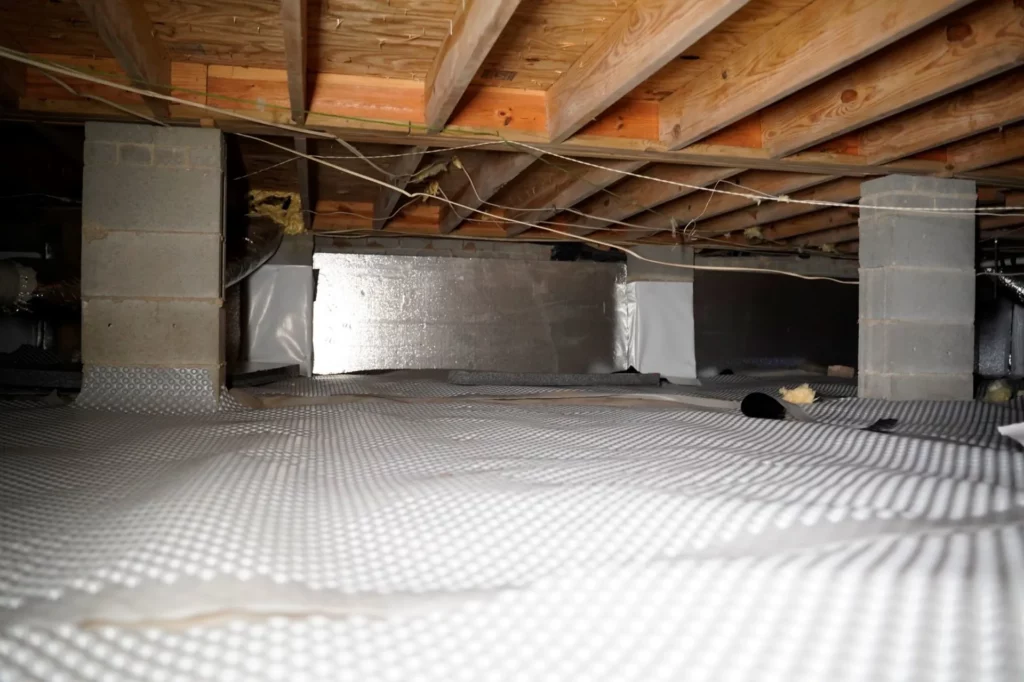
Class 1
The type of barrier in this class includes polyethylene. It’s a tight barrier that allows a permanence of 0.1 or less.
Class 2
Materials used for class 2 include asphalt-coated paper and polystyrene. This has a permeance between 0.1 to 1.0 perm.
Class 3
This isn’t the best type of barrier as they’re comparatively less tight in keeping vapor. But they’re still quite reliable. They’re usually made of fiberglass and gypsum insulation.
To Wrap It Up
Installing a vapor barrier has several benefits. And if South Carolina’s mild climate, a vapor barrier is a great investment. It’ll protect your foundation, and fend off the harmful effects of vapor.

